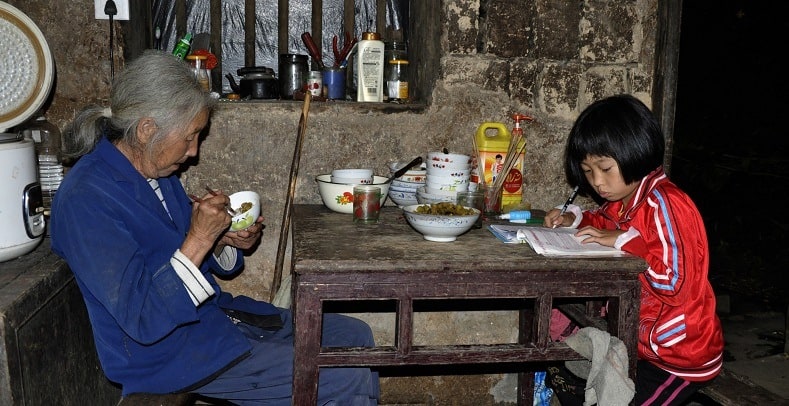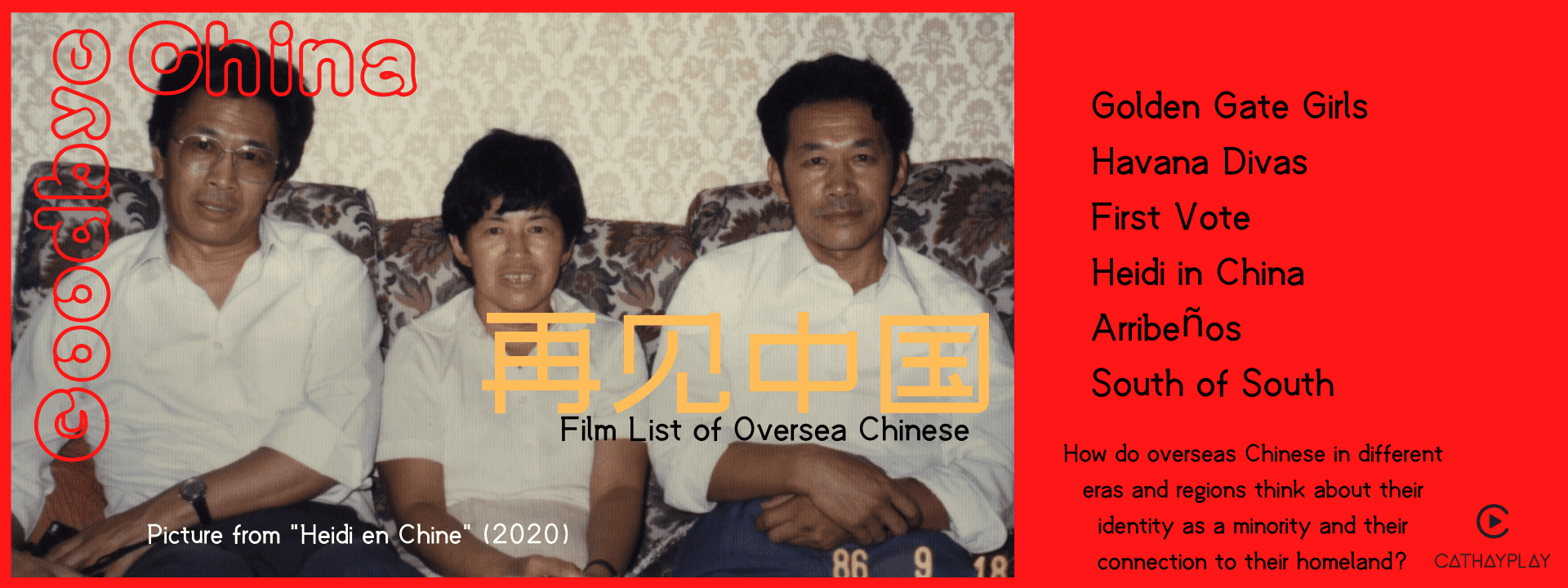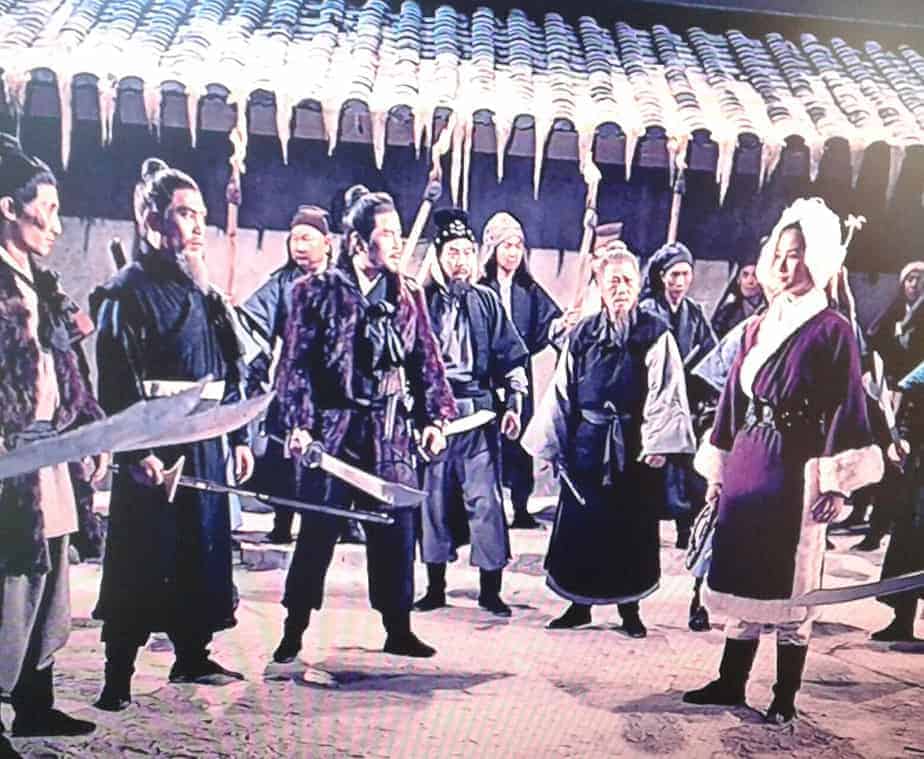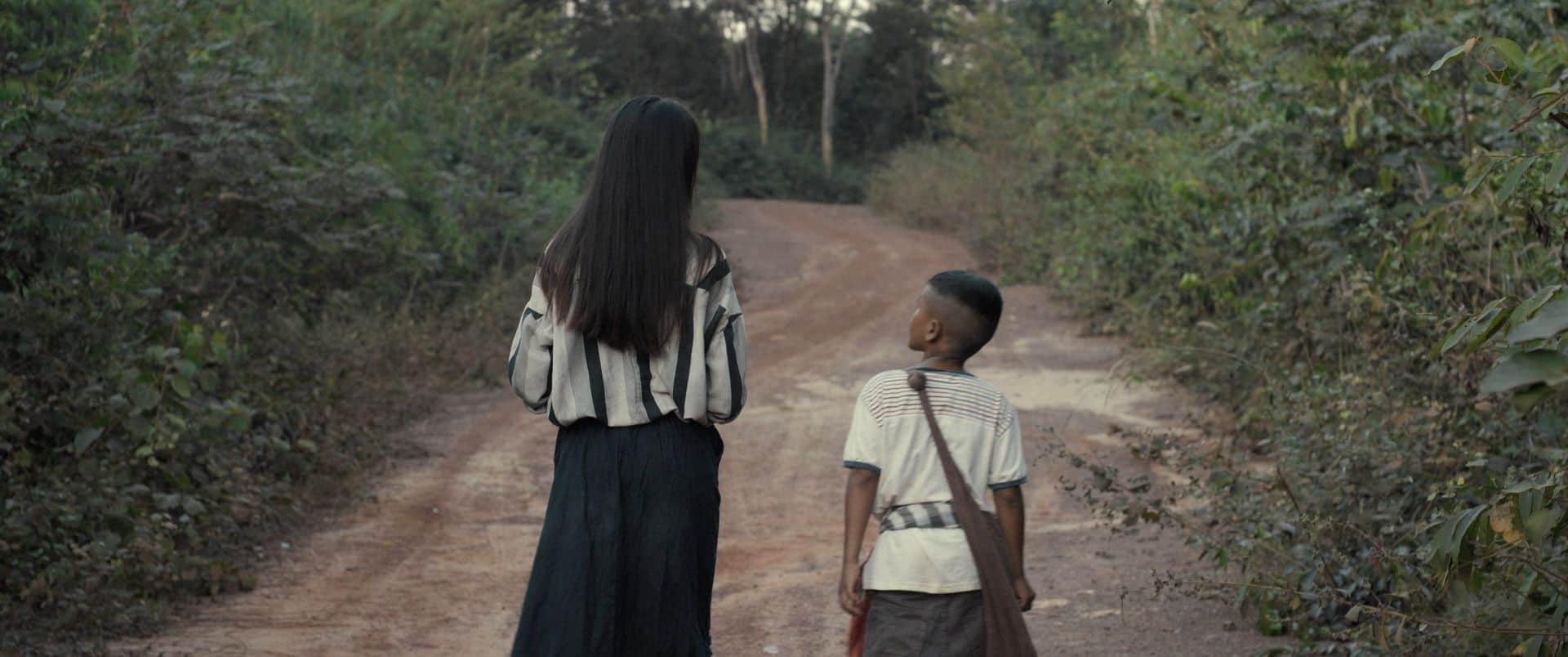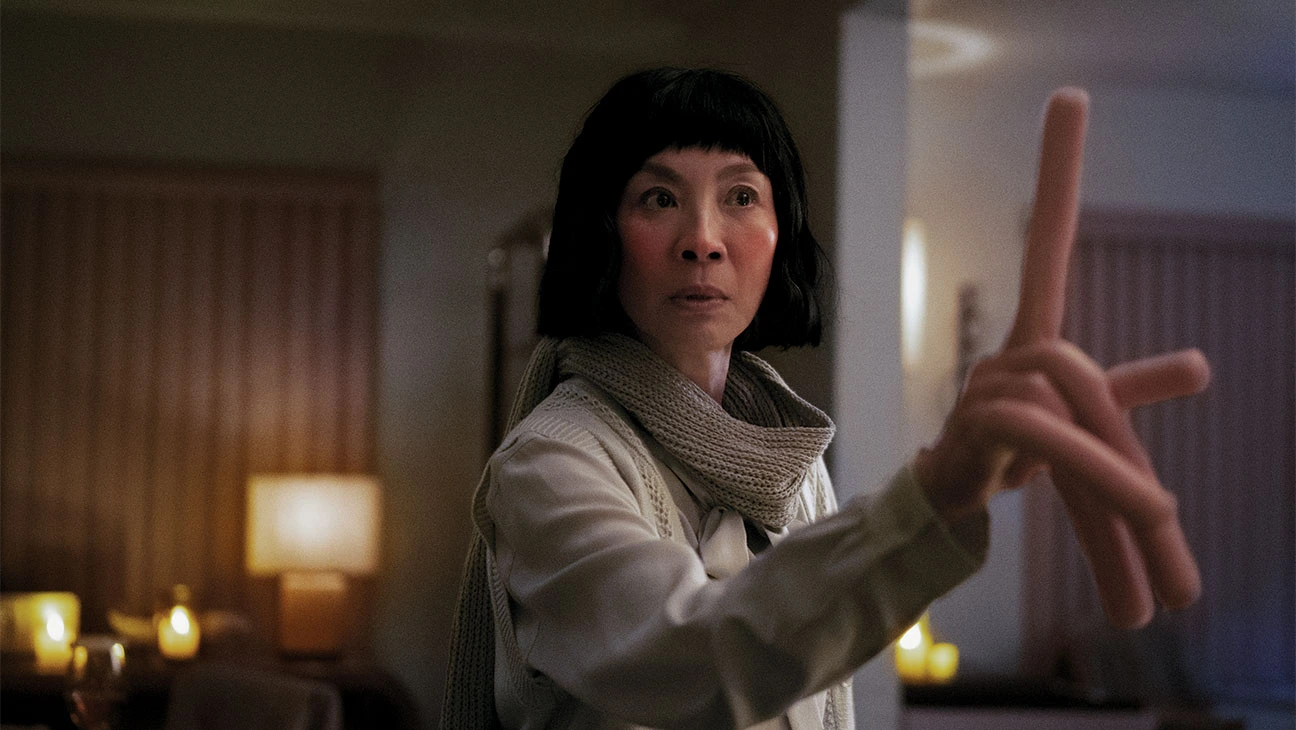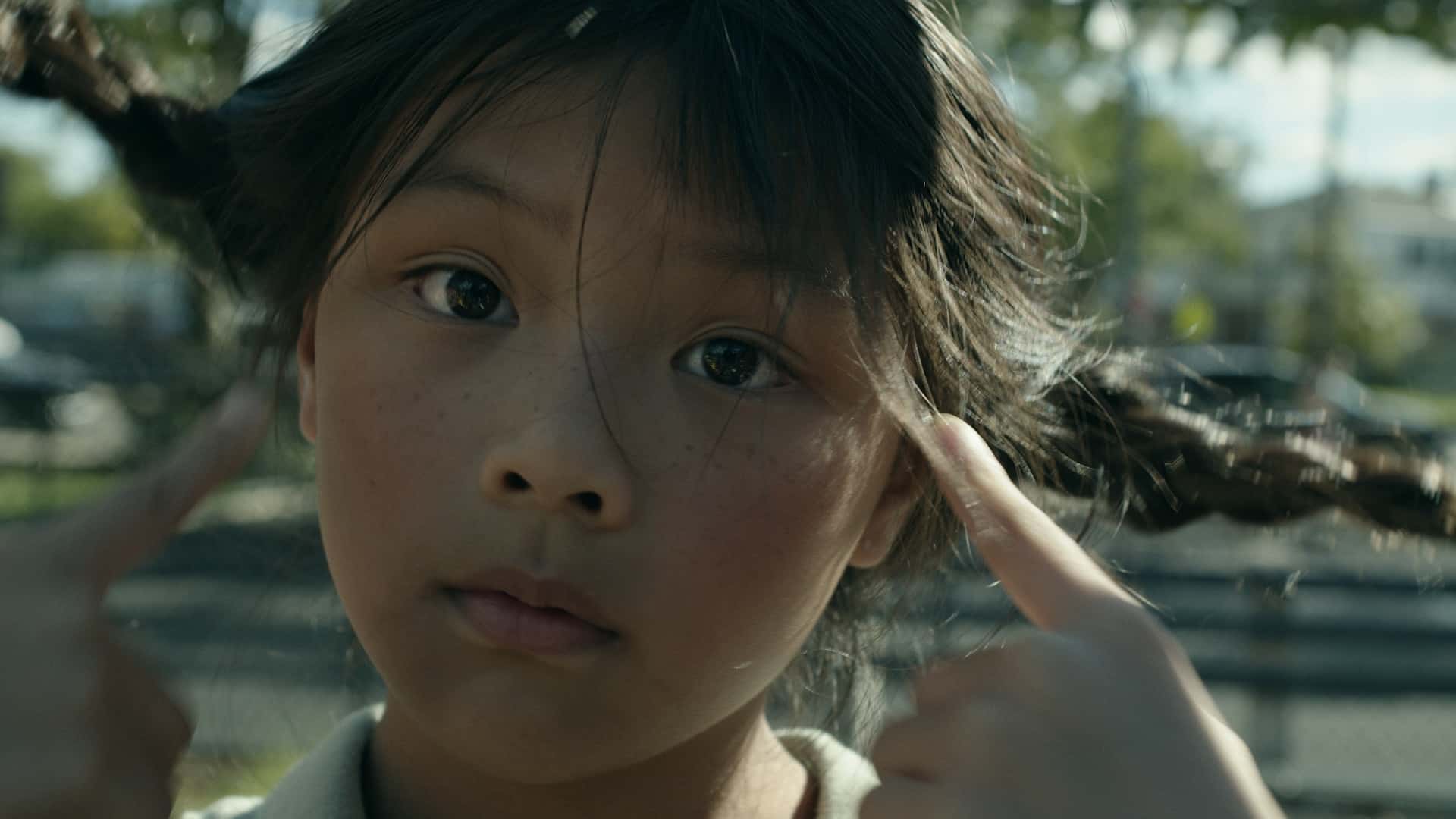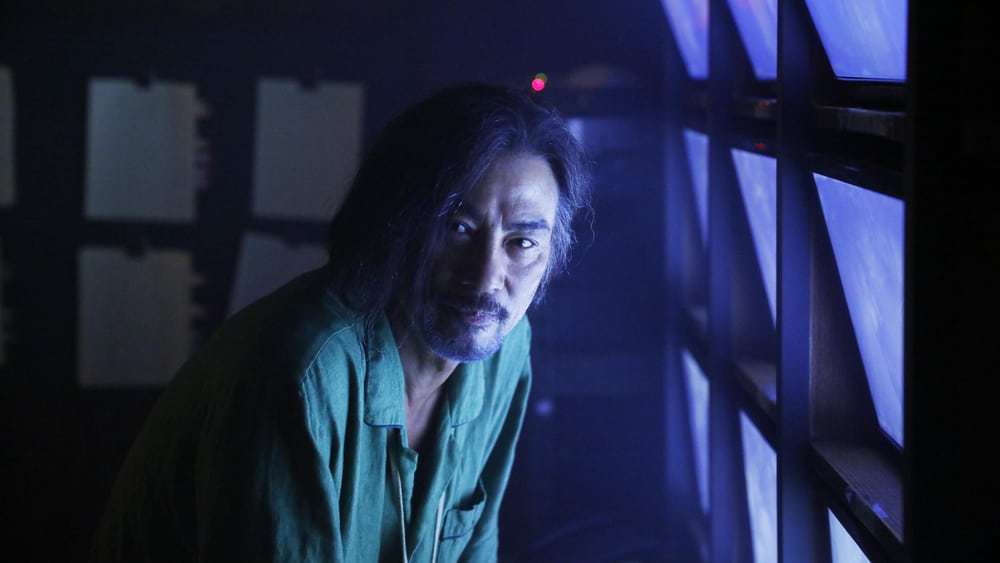“Children at a Village School” is the second installment in Jiang Nengjie's ethnographic documentary trilogy about the life of children in provincial China, more precisely, Guang'an village in Hunan Province. The twenty or so children he follows as they study and go to school in the span of five years from 2009, are but a small part of the 58 million children in rural China who are left to live with grandparents or other relatives, while both of their parents work low-waged jobs in the bigger cities. They are known by the term “left-behind children”. Of the 22 children in Guang'an village, seventeen fall in this category.
Watch This Title
on CathayPlay
Early on in “Children at a Village School”, the twenty remaining children are gifted a new school by the provincial authorities. It is a dreadful affair, overly long speeches by older men in mismatched suits, lukewarm promises of a bright future. Just another day for these small-time officials, but something important for the entire village and its young inhabitants. As their grandparents tell them all the time, as do their parents when they have the chance to meet them, so they don't have to be peasant farmers like the first or overworked menial laborers like the second.
The new school is undoubtedly a step up from the places the children go to school in the previous entry in the trilogy, “The Road.” The building is relatively big and spanking new, by far the most modern in the entire village, its focal point, even. But only on the outside, and only to a degree. Go a few meters out of the facade and you will be greeted by bags of cement, swaths of rocks and sand. It is also in these places where the students play during the breaks. Inside, the situation isn't that much better. Cold empty rooms without heat in the cold winter days, and possibly no windows, filled with ancient-looking desks, undoubtedly from the previous school the student attended. An empty shell of a building that though looking a better than the previous private schools held in villagers' houses, provides nothing to the children.
The empty shell of a building is also a perfect metaphor for the education the lovely children at Guang'an (and possibly of other forsaken rural areas in China) get. On the surface, they are studying hard (or at least the ones who don't play on the construction sites around the school) and learning things. They memorize poems, the multiplication table, and other things. But when asked the simplest question like who is China's current leader or what is the capital of their country, they all fumble. They still believe that Mao Zedong is ruling them and none of them have heard of Beijing or Tiananmen Square. Maybe because that is what the poems in the old books they use in school tell them. As such, they are literate and educated, but only technically. In reality, sadly, they are not.
It is very easy here to blame the teacher for the failure of his students to know even the most common of things. And to a degree, director Jiang Nengjie does so. He portrays the teachers, or at least one of them because the teachers change many times in the span of shooting the documentary, as obsessed with monetary bonuses from the government, not the students' education. But at the same time, through masterfully subtle observations by the documentarian, we see that the teacher is a victim of the system, just like his students. The government, we are not told, but we easily subsume, does not care about these people and all others like them, irrespective of age, gender, or hierarchical position. They are all abandoned and forgotten.
Or maybe not forgotten per se, because the children from the village are still needed by the government. And, sadly, it is not for what their parents and grandparents wish for them. Instead, it is for the exact same heavy, low paid, and exploitative menial jobs their parents are toiling at, so they can pay for their children's education. Giving them, and their entire families, empty hopes for a better future, all the while perpetuating the current system. Here too, we the symbol of the visually pleasant, but ultimately hollow, new school shows itself.
At the end of the documentary, a group of volunteers wearing T-Shirts with “Love Journey: The Forgotten Children” written on them help two of the children, two naughty brothers who prefer playing around the village than studying, contact with their parents over Skype. As the crying mother starts admonishing her sons to study and memorize their lessons, many of the volunteers begin crying uncontrollably. We, too, can't but feel emotional, not only because the children are forced to live without their parents, but also because the toil of the older generation for their beloved children will most likely not benefit them. Really sad and unfair situation, especially considering the love with which the children are presented in this essential piece of ethnographic filmmaking.


